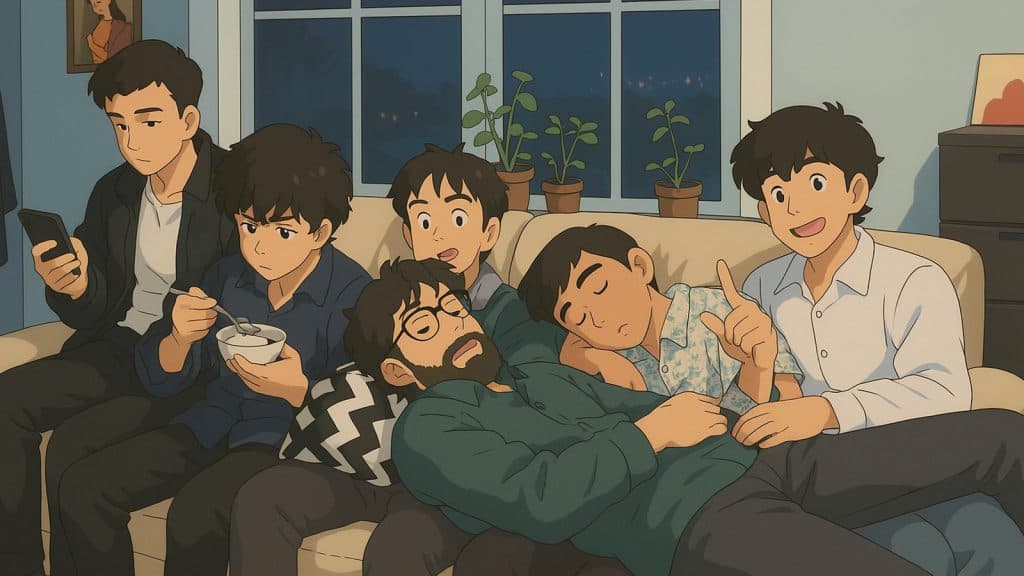In March 2025, social media was flooded with images produced by ChatGPT that mimicked the style of famous anime house Studio Ghibli.
In fact, the trend went so viral that OpenAI’s CEO, Sam Altman, urged users to stop using the service, saying it was “melting” his company’s GPUs.
As viral as the images were, perhaps even more prominent was the discussion surrounding the fad. AI proponents praised ChatGPT’s image-creating capabilities, while others were far less enthusiastic about what this could mean for the future of the arts as a whole.
In fact, several prominent figures within the anime industry spoke out against the ChatGPT Ghibli craze, such as One Piece director Megumi Ishitani, who said she was “in despair” because of it.
Japanese government debates ChatGPT Ghibli craze
Nearly a month later, the issue has become so prominent that it’s risen to Japan’s court systems, getting discussed in a House of Representatives Cabinet Committee meeting on April 16.
Gifu Prefecture representative and Constitutional Democratic Party member Masato Imai brought up the topic with Hirohika Nakahara, the Director-General for Japan’s Education, Culture, Sports, Science and Technology Strategy.
“There has been discussion of whether the so-called ‘Ghiblification,’ making AI-generated images in the Ghibli style, constitutes copyright violation. Under the current interpretation of the law, just how legal is it?” Imai asked.
“Ultimately, that is something for courts to decide,” Nakahara replied. “If it is only a matter of the style or ideas being similar, then it would not be considered copyright infringement. If AI-generated content is determined to be similar to or reliant on preexisting copyrighted works, then there is a possibility that it could constitute copyright infringement.”
“So the use of styles and ideas is legal, but if [an AI-generated image] were recognized as being ‘Ghibli itself,’ then that would be a violation of law,” Imai clarified.
Users across the net are using ChatGPT to recreate their photos in the style of Studio Ghibli, as seen here.
Essentially, this means that there’s a decision to be made regarding whether or not these Ghibli-style images created by language-learning models like ChatGPT actually infringe on the studio’s intellectual property.
For now, no direct legal action has been taken by the Japanese government against ChatGPT over the social media craze its image-creating abilities have spawned — but the fact that it’s been brought up in the country’s political hearings is eyebrow-raising on its own.
And, while ChatGPT might be seeing a major surge in popularity thanks to the Ghibli craze, it isn’t exactly profitable for OpenAI. In an exclusive interview with Dexerto, experts in the AI space revealed that the company is likely burning through a fortune because of it.
Content shared from www.dexerto.com.

